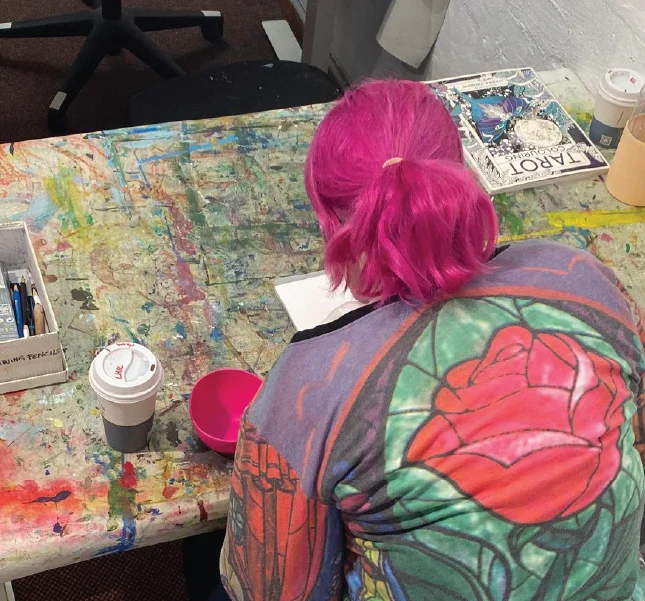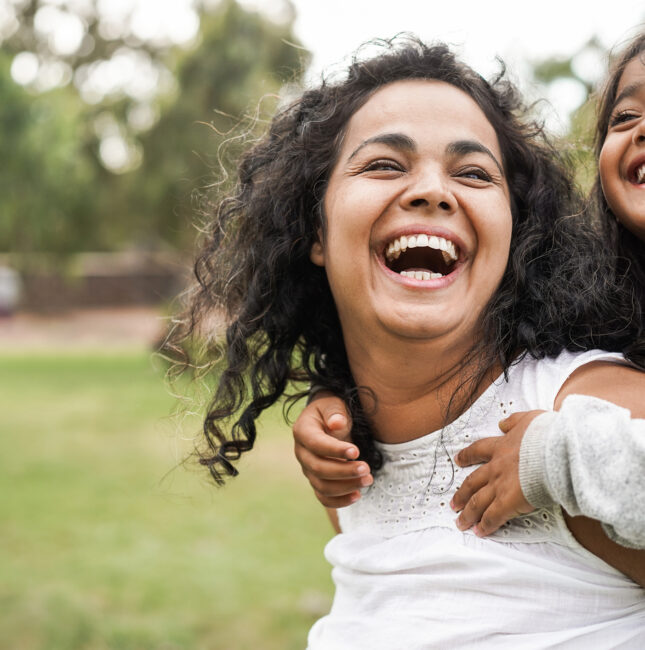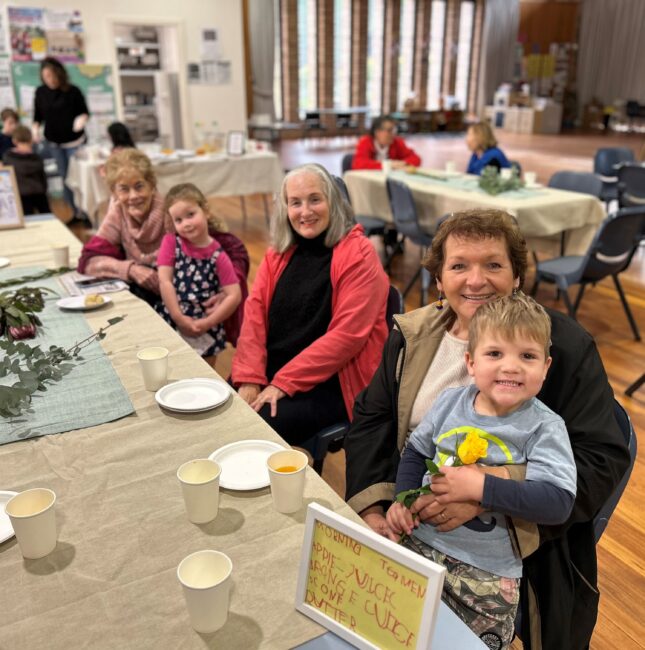Fostering our future – the benefits of foster care
March 26, 2021
For children and young adults who are removed from their families, the loss of good role models is only one of many devastating experiences they may undergo. For many, being in foster care will be vital for blooming into a healthy individual with a higher likelihood of success. For many foster carers, it is an investment that also reaps benefits to them. This article will look at several ways foster care can change lives for the better — for both sides.
“Every kid is one caring adult away from being a success story.”
American motivational speaker and author Josh Shipp
Foster care in Australia
As of 2020, approximately 8 out of every 1,000 children under 18 years of age are in foster care, and the numbers continue to increase steadily every year. There are a number of possible reasons for a child’s removal from their family household, including:
- Concerns around safety with the parent or parents
- Neglect or inadequate provision of necessaries
- Potential physical abuse or family violence
The parent or parents may have difficulties providing the proper care to their children because of substance abuse/addiction, mental health issues, or because they are incarcerated or otherwise unduly absent from the home.
Why role models are essential
For human beings, imitation is a significant and powerful method of learning. We have long known that early on in life, we begin mimicking those around us — especially our parents, usually our very first role models. According to the Modelling Theory in the realm of developmental psychology and educational psychology, we observe others, learn how to perform behaviours, and act. More recently, we have discovered that children can even learn about physical and social causality by observing human reactions and interactions.
Throughout our lives, role models play an important part in many areas of development — social, emotional, and moral, whether or not we are aware that we are learning from them. Prevalent theories about the nature of role modelling tell us that:
- Role models can provide guidance and encouragement and inspire people to make the effort to achieve their goals (motivation).
- We learn valuable social cues and attitudes through watching others’ actions — including what kind of outcomes are generated — which inform what behaviours we will reproduce (social learning).
- Individuals tend to be attracted to each other if they perceive similarities. Then they reinforce these perceived similarities when they emulate behaviours of the people they like and admire. In this way, role models can serve to fortify others’ conceptions of themselves (identification).
Having a role model has been associated with a higher level of self-regulation in early adolescents, and has had an impact on their career development. By demonstrating a high level of performance and competencies, the ability and desire to persevere when confronted by challenges, and goal-oriented, strategic thinking, role models can inspire young people to increase educational engagement. Role models can also generate awareness and an impetus for social change.
In the face of peer pressure, foster children’s attitudes towards friendships, respect, alcohol and drugs, health, and how they conduct themselves in various situations can also benefit from having a role model.
Encouraging equality, identity and tolerance
- Foster carers are in a special position. They have the ability to shape a foster child’s sense of self, resilience, and aspirations — and promote and reinforce the positive cultural change that will make this world a much better place — especially for groups that have been historically vulnerable.
- For young people of minority ethnic backgrounds, ethnically diverse role models have a tangible impact on the possibilities they see for themselves — even more so for young women. The inspiration felt by toddler Parker Curry upon viewing a painting of Michelle Obama was recognised around the world.
- For LGBTQIA and transgendered youth, having positive role models from the LGBTQIA and transgendered communities are not only important as inspirational and aspirational examples but are also vital to their self-acceptance, mental health, and sense of inclusion.
Why don’t we have more Australians becoming foster carers?
For many Australians, the hesitation to become foster parents comes from a number of misconceptions about foster care:
- People who have never had kids cannot (or should not) become foster carers. Having had children is not a prerequisite to undertake foster care. Whether or not you have biological children already does not determine whether you are a loving, caring person with a lot to offer. A child or children placed in your care will benefit from your attention and nurturing. In fact, a number of Australians have fostered children before starting their own families.
- There are no supports for foster carers. There is actually plenty of support available. The key is to find the best fostering agency for you, which may require research on your part. Depending on your state/territory, there may be a peak body that can assist you with finding the fostering agency best suited to your needs.
- Foster carers can’t be single/in a same-sex relationship/different. People who are single are absolutely encouraged to become foster carers, as long as they meet the eligibility requirements/undertake the necessary steps. As mentioned, times have changed, as have the definitions and conception of family and the parameters of identity. People are increasingly recognising the need for more culturally diverse, LGBTQIA, and transgendered foster carers.
- Foster children’s behaviours and needs will be too challenging. While it is true that some foster children may come from troubled environments and may be reactive, you are not expected to be a trained child psychologist. Foster children with mental health issues would most likely be seeing a therapist, and the fostering agency will have arranged for you to be trained and supported. In some cases, it may also be a simple matter of the child needing to feel safe and have a predictable routine.
- Foster children perceive differential treatment from the family’s biological children. While this has happened in some instances, there are strategies that can be employed with both sets of children. Again, a good foster care agency will be able to provide guidance and assistance with training and available resources.
- It will be too hard to say ‘goodbye’. Admittedly, our goal is to reunite foster children with their biological parents where possible. While parting can be ‘sweet sorrow’, many foster parents are comforted by the good they were able to do for foster children, stepping in during a crucial moment in their development, and providing stability and support for them. It’s also important to remember how resilient we are. “I think people don’t realise how strong they are until they’re put into that position”, said Australian foster mother Jennifer Norris, who with husband Daniel had one biological child and fostered (and later adopted) three children.
Mutual love and benefit
Like Jennifer Norris, many foster carers have felt extremely rewarded by their foster care experiences. Here are a few success stories from around Australia:
- Henny and Dave in South Australia have been fostering for almost 20 years. They treat foster children like ‘their own’ while at the same time keeping records of birth families and understanding how important heritage is. The most poignant and happy moments come from the ‘warmth of the first time a child feels comfortable enough to give you a hug’, and the children’s joy from experiencing important milestones — such as a ‘real Christmas’, celebrating birthdays, and family activities.
- Rachel Hillestad runs a Foster Parent and Foster Child Support Group on Facebook, having found viral fame a little over four years ago. She had posted a bittersweet message about how much she missed a foster child who lived with her for two-and-a-half weeks. She reminisced about how special it was to see him ‘sleep through the night instead of freezing awake in terror’ and ‘swing for hours’. She admits to thinking about the children she has fostered, and keeps it in perspective: ‘Getting attached has been the greatest pleasure and honour of my entire life’.
- Des and Daveena Lawlor are proudest when they compare the progress their foster children have made since moving in — such as when they overcome great trauma and end up doing a great job at school. It is also wonderful when the foster children feel and express love for them. ‘It never gets old’, said Daveena. The Lawlors are also Indigenous carers, nurturing and helping to preserve their foster children’s cultural identity.
- Foster fathers Chris Pye and Sophiaan Subhan were finishing a major home renovation when their first foster child, deeply traumatised and on ‘high alert’, moved in. With his social work and counselling background, Chris was able to really understand the child’s fears and triggers. Chris and Sophiaan are committed to helping the child achieve emotional stability. Notably, their fostering agency brought them together with another same-sex foster parent family, and the children — who have become friends — see no problem with having ‘two dads’ or ‘two mums’.
All children deserve the love of a parent and role model — especially those who have unfairly encountered disappointment and trauma at such an early age. Through foster care, they too can have a chance at success and to do their part to make this world, which, as the saying goes, they will inherit from us.
If you are interested in knowing more about fostering a child or young person, please contact us or download our brochure here.
You can also call (02) 4320 7777, email fostercare@catholiccaredbb.org.au or visit www.fostering.org.au for more information.
More news stories like this one
My mental health can’t hold me back
“My mental health can’t hold me back from my art,” says Hannah who attends Boonah Creative Arts Centre.
Read MoreOur annual report is a series of inspiring stories
Our incredible teams continued supporting, educating, encouraging, equipping and advocating for our clients this year. The many testimonies and case studies in this annual report serve to highlight how incredibly well they did this work.
Read MoreGenerations connect over juice and scones
After watching the show ‘Old People’s Home for 4 Year Olds' we looked at how we could do something similar in our community. We knew that many of our families had grandparents who lived a long way away and they would benefit by having that intergenerational connection.
Read More


